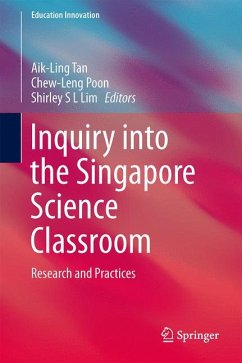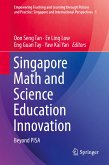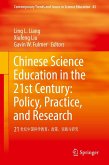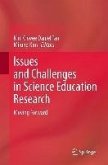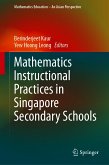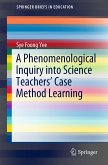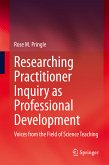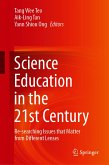The book features a collection of research and discourse by science educators in Singapore, organised around four themes that are essential components of approaching science as inquiry: teachers' ideas and their practices, opportunities and constraints from a systemic level, students' competencies and readiness to learn through inquiry and the need for greater awareness of the role of informal learning avenues in science education. In addition, the discourse within each theme is enriched by commentary from a leading international academic, which helps to consolidate ideas as well as position the issues within a wider theoretical and international context.
Overall, the papers set out important contexts for readers to understand the current state of science education in Singapore. They also highlight strengths and gaps in practices of science as inquiry as well as provide suggestions about how the system can be improved. These research findings are therefore helpful as they provide honest and evidence-based feedback as well as tangible and doable ideas that policy makers, teachers, students and school administrators can adopt, adapt and enhance.
Dieser Download kann aus rechtlichen Gründen nur mit Rechnungsadresse in A, B, BG, CY, CZ, D, DK, EW, E, FIN, F, GR, HR, H, IRL, I, LT, L, LR, M, NL, PL, P, R, S, SLO, SK ausgeliefert werden.

